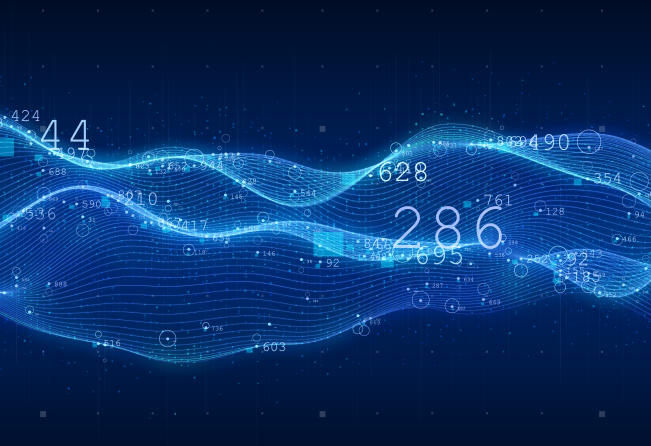 AI
AI
 AI
AI
 AI
AI
Database startup DataStax Inc. is looking to boost its relevance in the generative artificial intelligence industry with the launch today of a new offering called RAGStack.
It’s described as an “out-of-the-box RAG solution” that aims to simplify a technique known as retrieval augmented generation. RAG, as it’s known, refers to the process of providing additional context from outside data sources to enable more accurate query responses from large language models, improving the performance of generative AI applications.
With RAGStack, DataStax said, it’s able to reduce the complexity of implementing RAG with foundation models significantly. Traditionally, when teams try to implement RAG, they quickly find themselves overwhelmed with choices across orchestration frameworks, LLMs, databases and other technologies.
DataStax is essentially providing a commercial RAG solution, meaning teams will no longer have to create their own using open-source components, the company said.
RAGStack provides a selected set of open-source software to implement RAG, made up of third-party offerings such as LangChain, Apache Cassandra and the DataStax Astra DB vector database. That last platform was announced in July, and is key for generative AI as unstructured data to be stored as vector embeddings. By converting unstructured data such as documents, videos, images and user behaviors into vectors, which are a series of complex numbers, it can be accessed by AI algorithms more easily in close to real time.
When RAG is combined with generative AI for natural language understanding and generation, it enables more contextually relevant responses based on the most up-to-date data, the company promised.
Andy Thurai, vice president and principal analyst at Constellation Research Inc., told SiliconANGLE that LLMs continue to be plagued by hallucinations and stale data. According to him, LLMs have a tendency to provide false information when they lack the appropriate data or knowledge to give an accurate answer. “To avoid this, most implementations look for ways to reduce these affects,” Thurai explained. “Retrieval augmented generation is one of the ways in which we can provide LLMs with additional context to ensure they provide more accurate query responses.”
According to Thurai, the main challenge for developers is that RAG implementations are manual and time-consuming, as they’re forced to spend lots of time trying to figure out how to get different orchestration frameworks, vector databases and LLMs to work in tandem. “DataStax’s offering looks very compelling, especially from the perspective of its integration with evolving open-source components,” he said. “While it is still early, the workflow and orchestration it provides along with the ability to plug-and-play those components can be very powerful.”
Early adopters of RAGStack praised the offering. They include the education platform Physics Wallah Pvt. Ltd., which supports online learners with its very own generative AI-powered chatbot. “We employ Astra DB’s semantic search for advanced support queries, enriching our students’ learning experience, and RAGStack facilitates seamless deployment of RAG-based applications,” said Sandeep Penmetsa, Physics Wallah’s head of data science and engineering.
DataStax Chief Technology Officer Davor Bonaci said turnkey RAG implementations are in high demand because doing it alone can be overwhelming for many enterprises, which lack the skilled personnel for their AI projects. “It’s a crowded arena with few trusted, field-proven options, where demand is high, but supply is relatively low,” Bonaci said. “RAGStack helps to solve this problem and marks a significant step forward in our commitment to providing advanced, user-friendly AI solutions to our customers.”
Support our mission to keep content open and free by engaging with theCUBE community. Join theCUBE’s Alumni Trust Network, where technology leaders connect, share intelligence and create opportunities.
Founded by tech visionaries John Furrier and Dave Vellante, SiliconANGLE Media has built a dynamic ecosystem of industry-leading digital media brands that reach 15+ million elite tech professionals. Our new proprietary theCUBE AI Video Cloud is breaking ground in audience interaction, leveraging theCUBEai.com neural network to help technology companies make data-driven decisions and stay at the forefront of industry conversations.